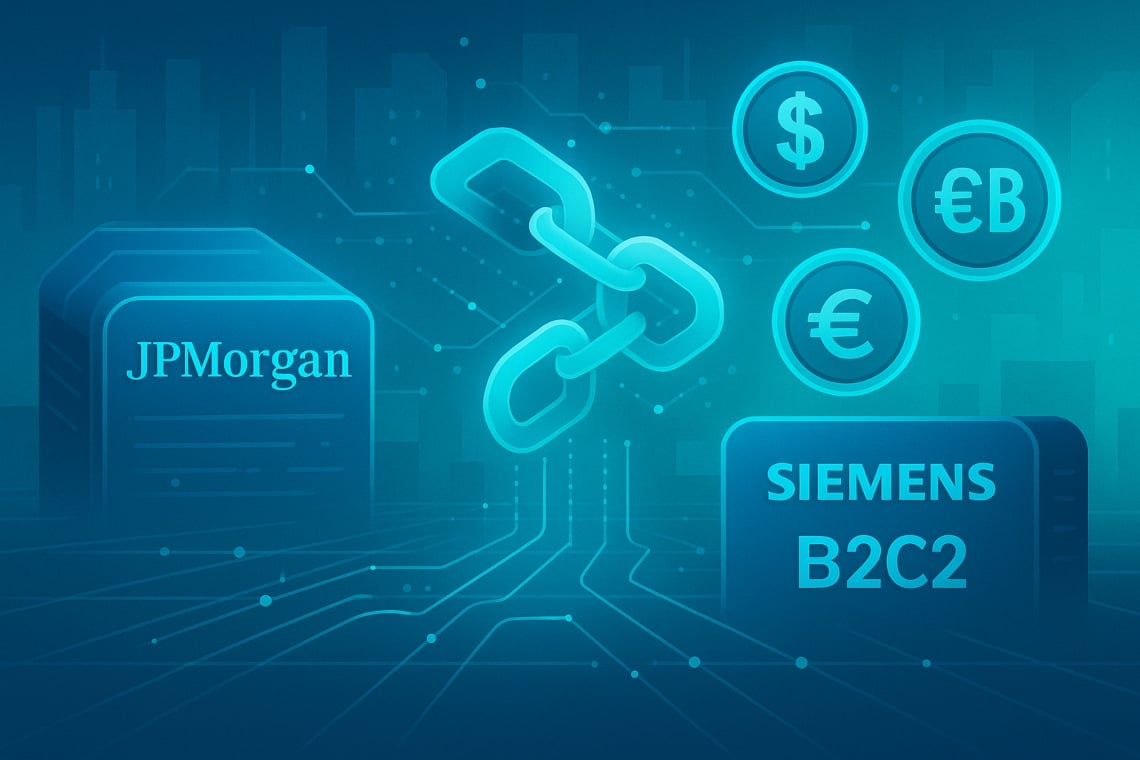A federal judge just ruled that Elon Musk’s antitrust case against Apple and OpenAI will stay in Fort Worth, Texas, and then straight-up told them to move there.
On Thursday, U.S. District Judge Mark Pittman issued a four-page order refusing to send the case elsewhere, even while admitting that the lawsuit has “at best minimal connections” to the city.
But because none of the defendants asked him to transfer the case by the Oct. 9 deadline, he said his hands were tied.
The lawsuit was filed in August by Elon’s companies, X and xAI. They accused Apple and OpenAI of trying to lock up the artificial intelligence market, saying Apple gave unfair promotion to ChatGPT on its App Store while burying other AI apps like xAI’s Grok.
Both Apple and OpenAI are based in California. X is in Bastrop, Texas, which is 200 miles south of Fort Worth. None of them operate out of Fort Worth, except for a handful of Apple retail stores in the area.
Judge pressures Apple and OpenAI to move their headquarters
Even though the companies aren’t based in Fort Worth, Pittman sarcastically suggested they should be. “Given the present desire to have venue in Fort Worth,” he wrote, “the Court highly encourages the Parties to consider moving their headquarters to Fort Worth.” He even dropped a link to Fort Worth’s Business Services page to “get the process started.”
“Fort Worth has much more going for it than just the unique artwork on the fourth floor of its historic federal courthouse,” Pittman added. The jab landed hard, but that wasn’t the only one. He took a direct hit at what legal insiders call “forum-shopping,” the tactic of filing lawsuits in certain courts known to deliver favorable rulings.
X and Tesla, both controlled by Elon, have done this before, filing high-profile suits in Fort Worth. Pittman, appointed by former President Donald Trump, admitted that the Fort Worth court is getting slammed. He said its docket is “two to three times busier” than the Dallas division, which has more judges to handle cases.
Court keeps lawsuit despite weak local ties
Despite blasting the case’s weak ties to Fort Worth, Pittman said the court had “little, if any, choice.” He blamed the 5th Circuit Court of Appeals, which covers Texas, for raising the bar on venue transfers.
Last year, that same court overturned two of his attempts to move a banking case to Washington, D.C., calling his effort an “abuse of discretion.” Pittman’s not trying that again.
He wrote, “The fact that neither Defendant filed a motion to transfer venue serves as a consideration for the Court. And the Court ‘respect[s]’ Plaintiffs’ choice of venue.” But he made it clear he wasn’t thrilled. “This case contains at best minimal connections to the Fort Worth Division of the Northern District of Texas,” he wrote.
His most cutting line? “Venue is not a continental breakfast; you cannot pick and choose on a Plaintiffs’ whim where and how a lawsuit is filed.” Even with all that, Pittman kept the case in Fort Worth, because technically, Apple does sell iPhones there, and OpenAI’s ChatGPT is available nationwide. That, apparently, was just enough.
Earlier this month, a judge in Washington, D.C., denied Elon’s attempt to move an unrelated SEC lawsuit over Twitter (now X) to Texas. Elon, who bought Twitter and renamed it X, wanted the case heard on his home turf again, and failed. But this time, in Fort Worth, he got what he wanted.
Join a premium crypto trading community free for 30 days – normally $100/mo.
Source: https://www.cryptopolitan.com/judge-xs-case-against-apple-openai-in-texas/



